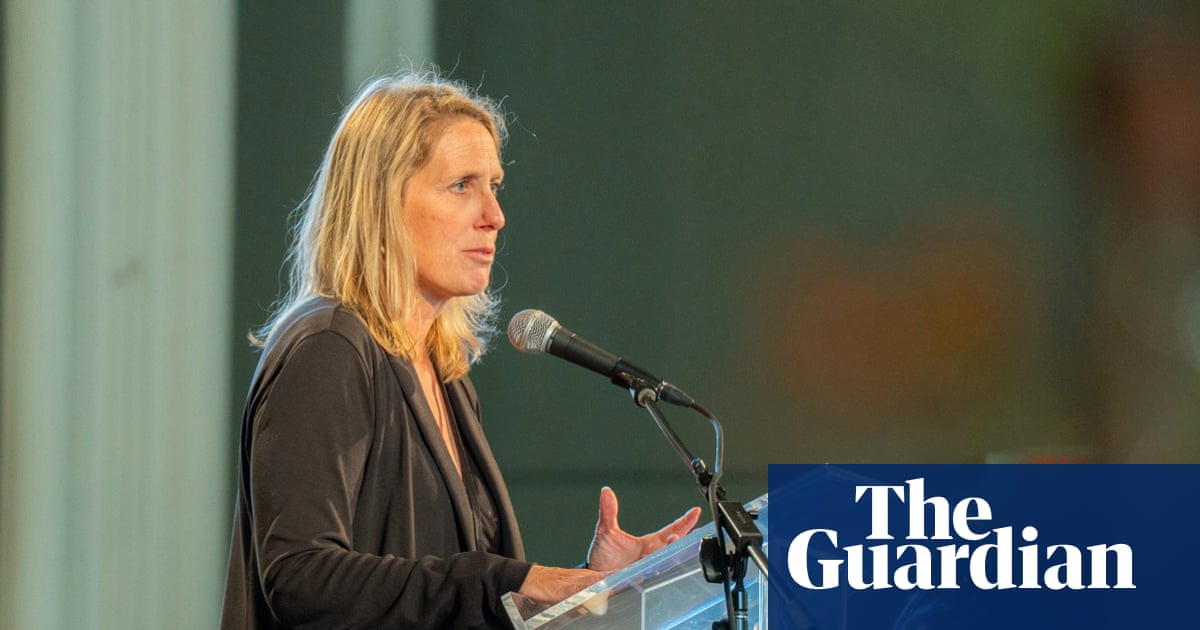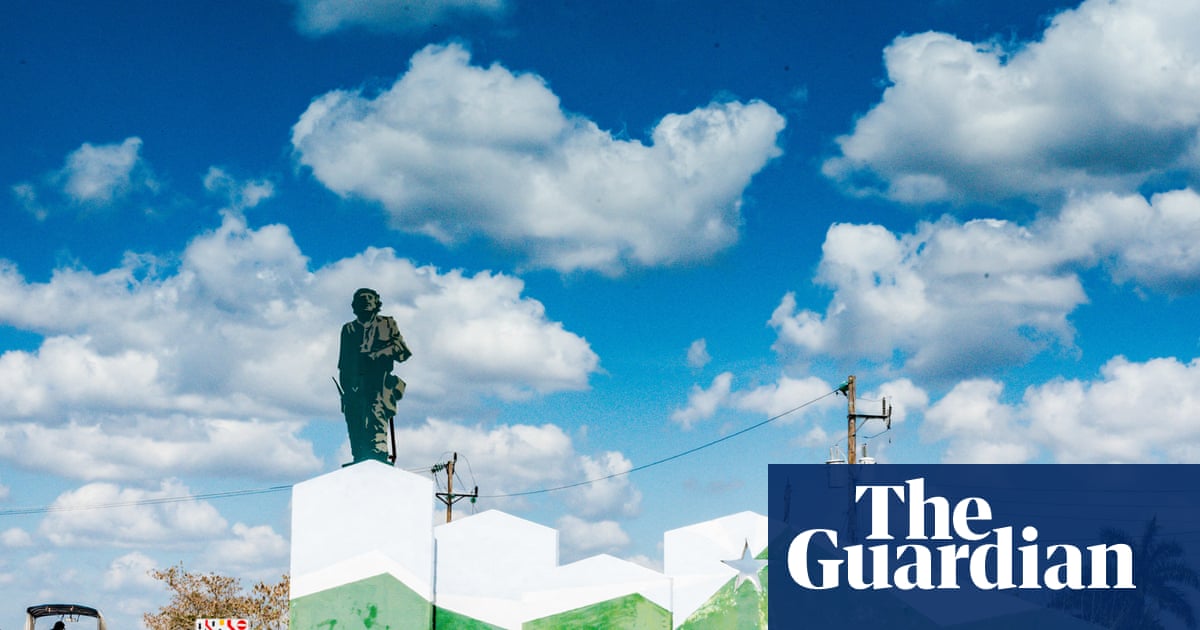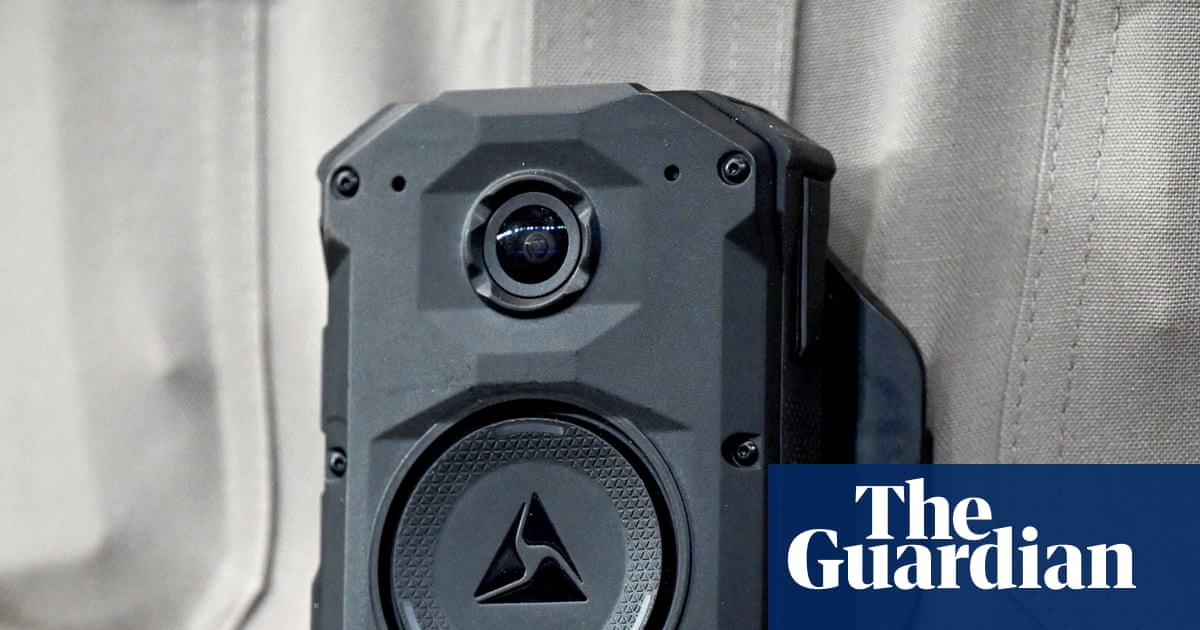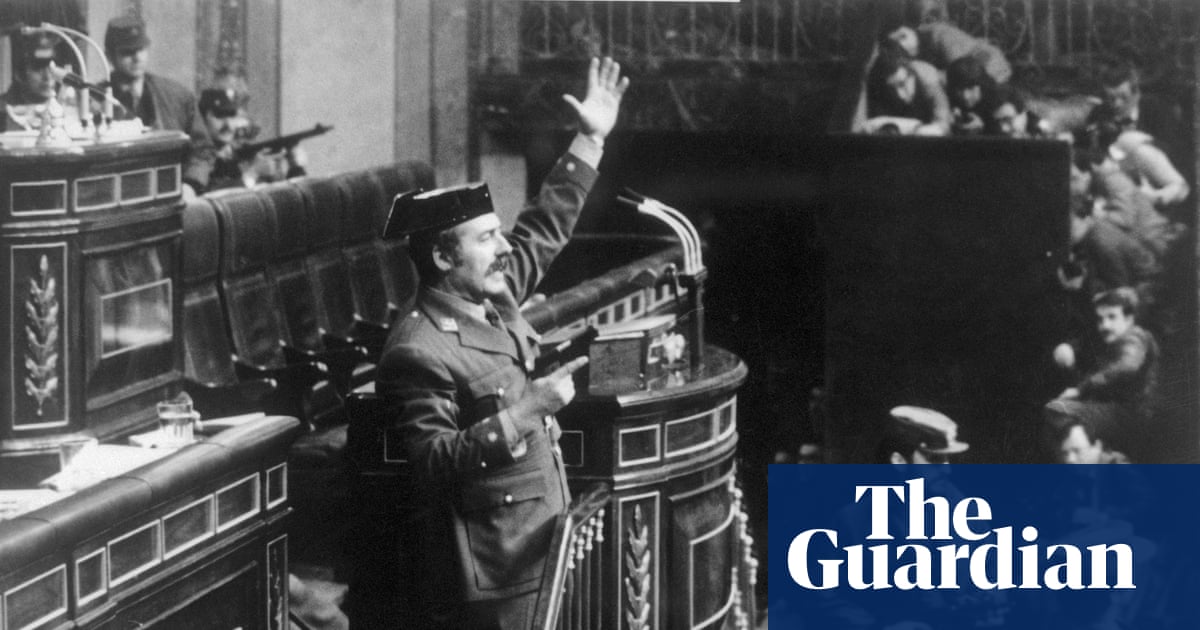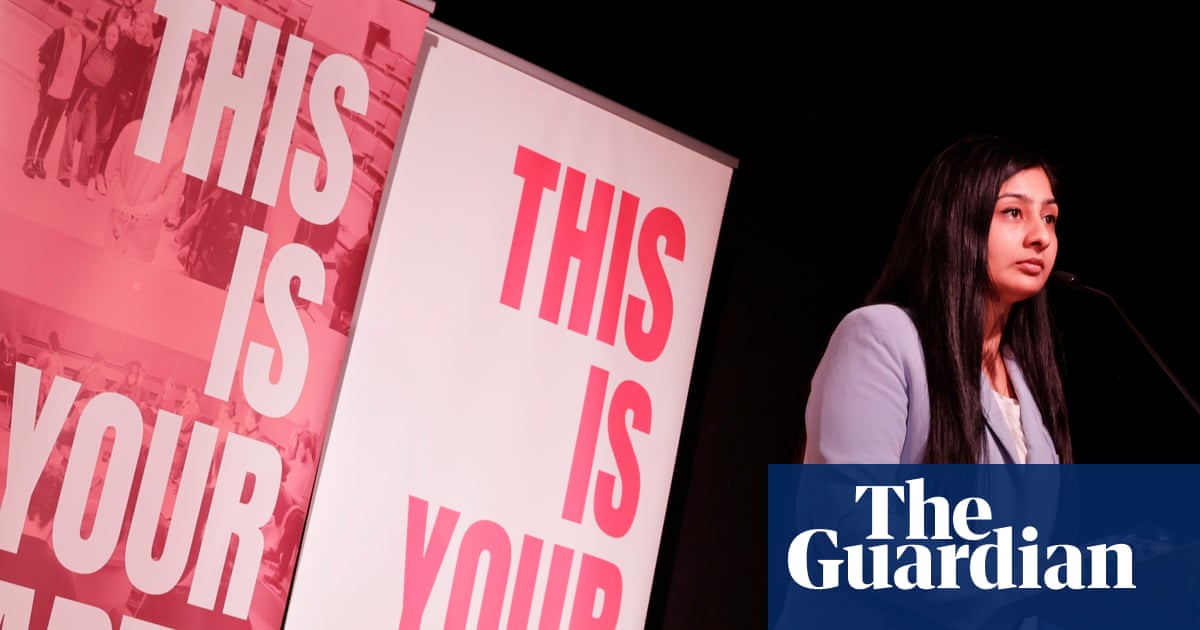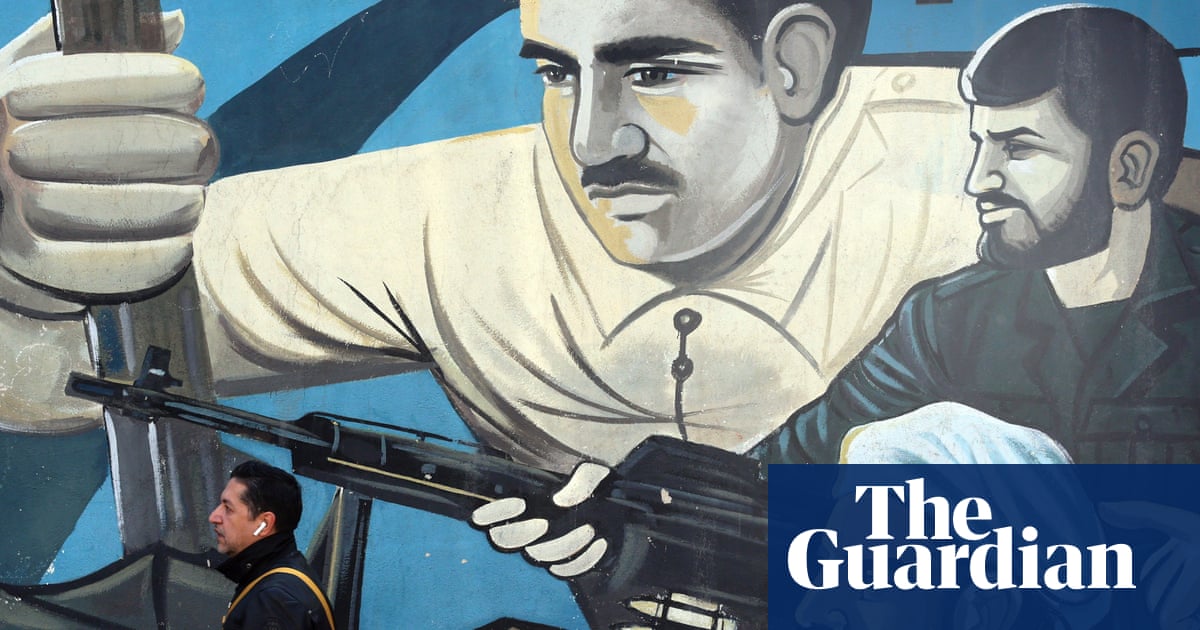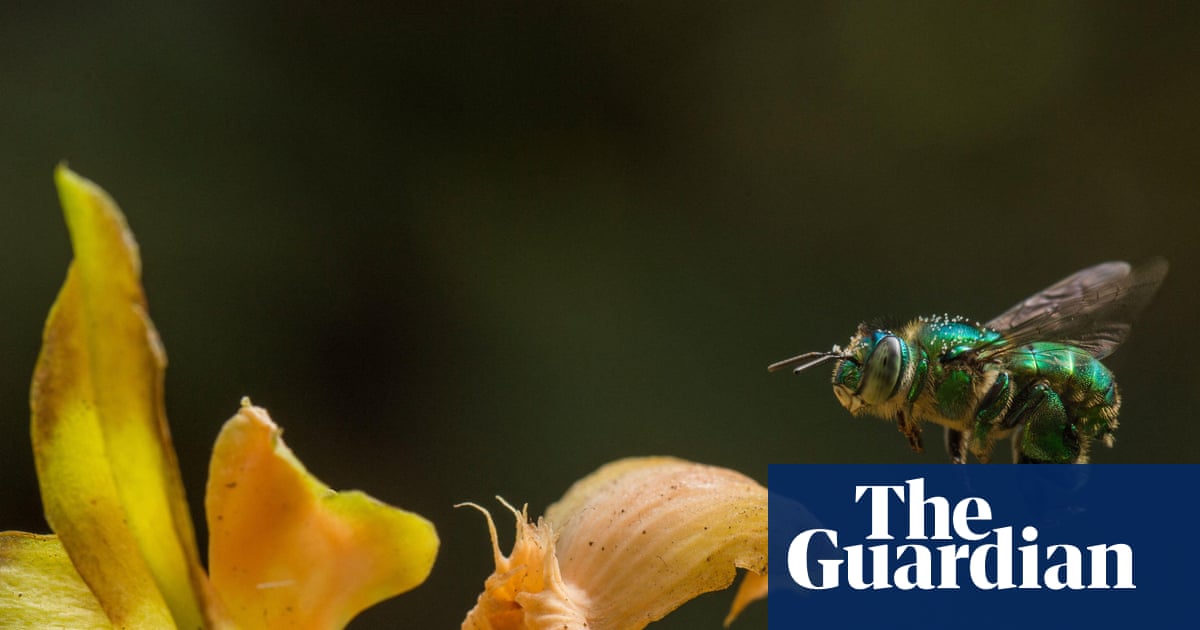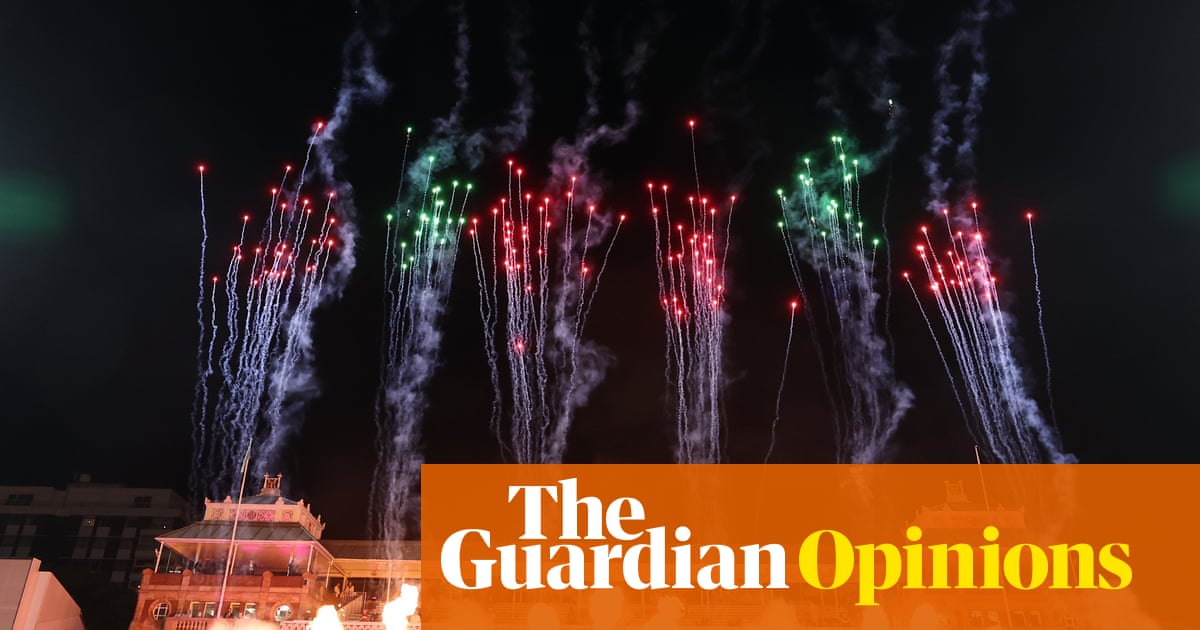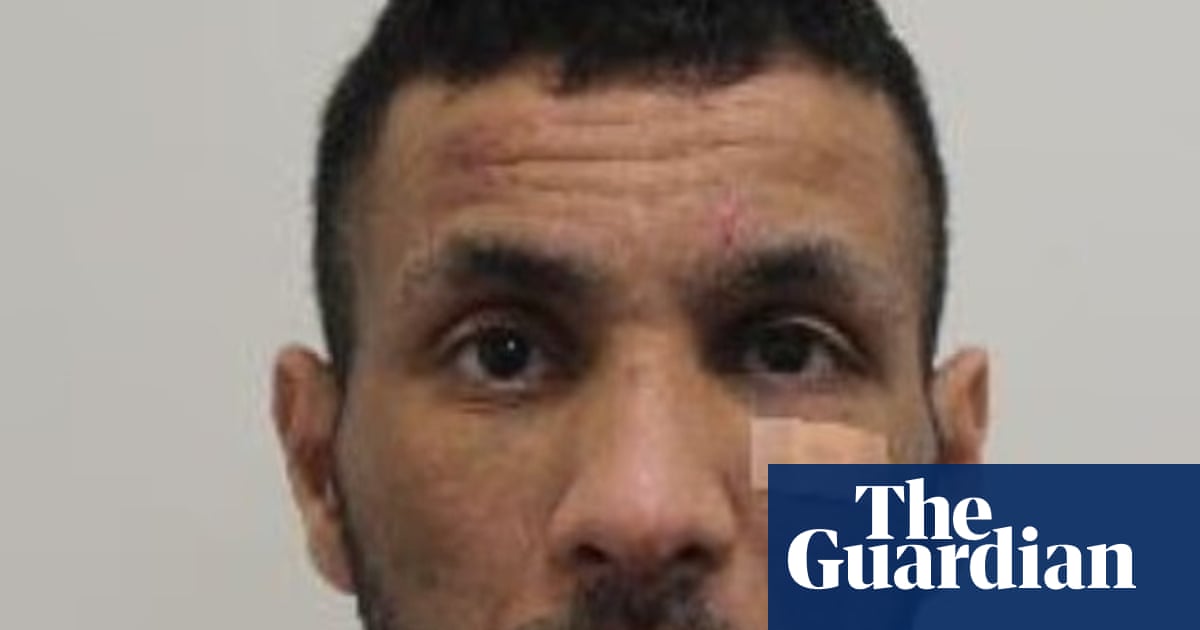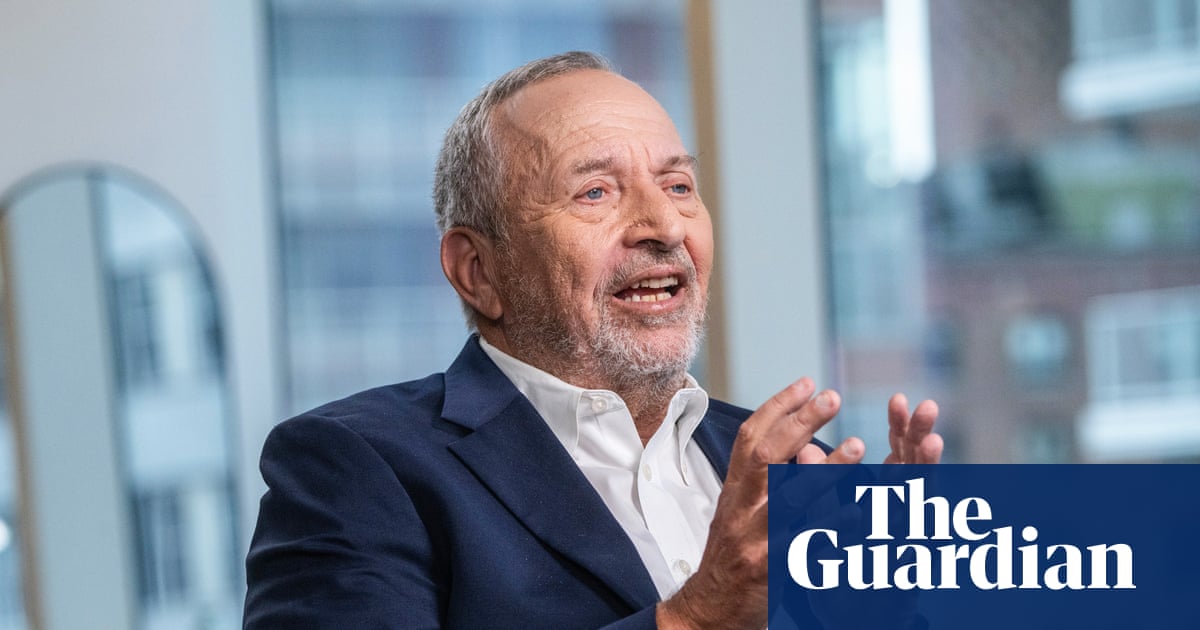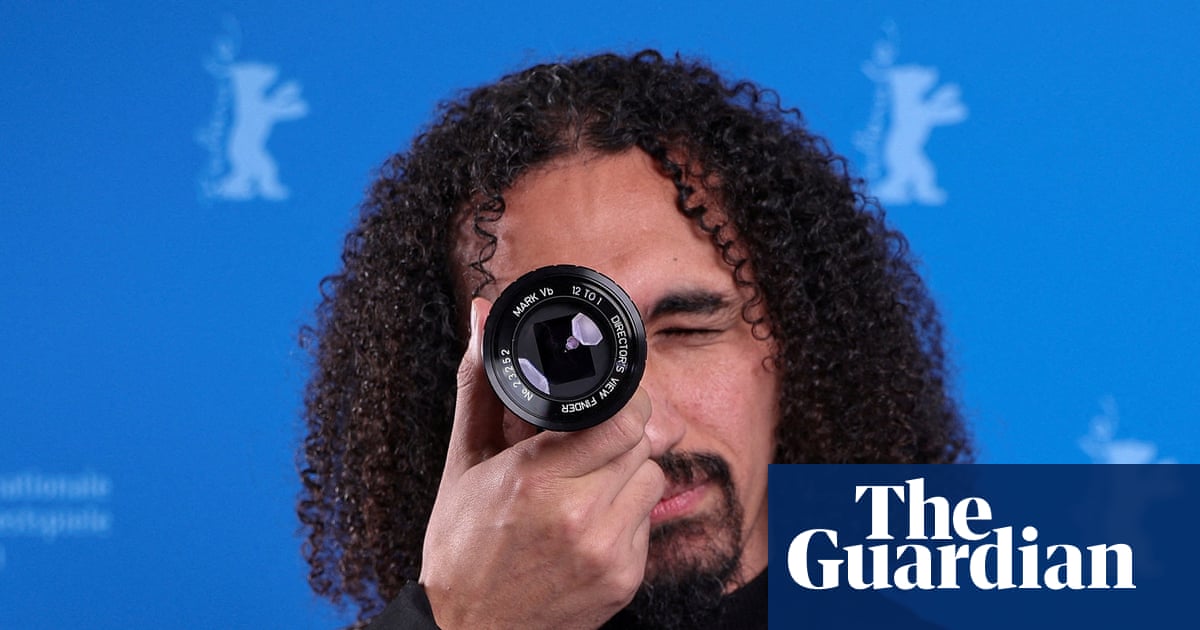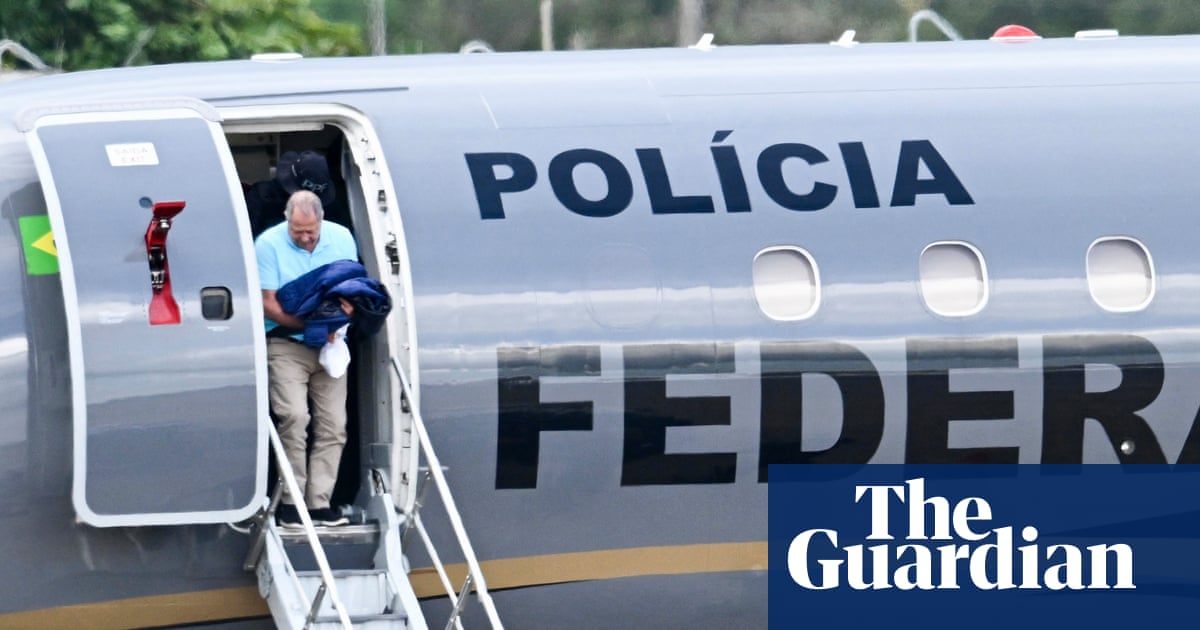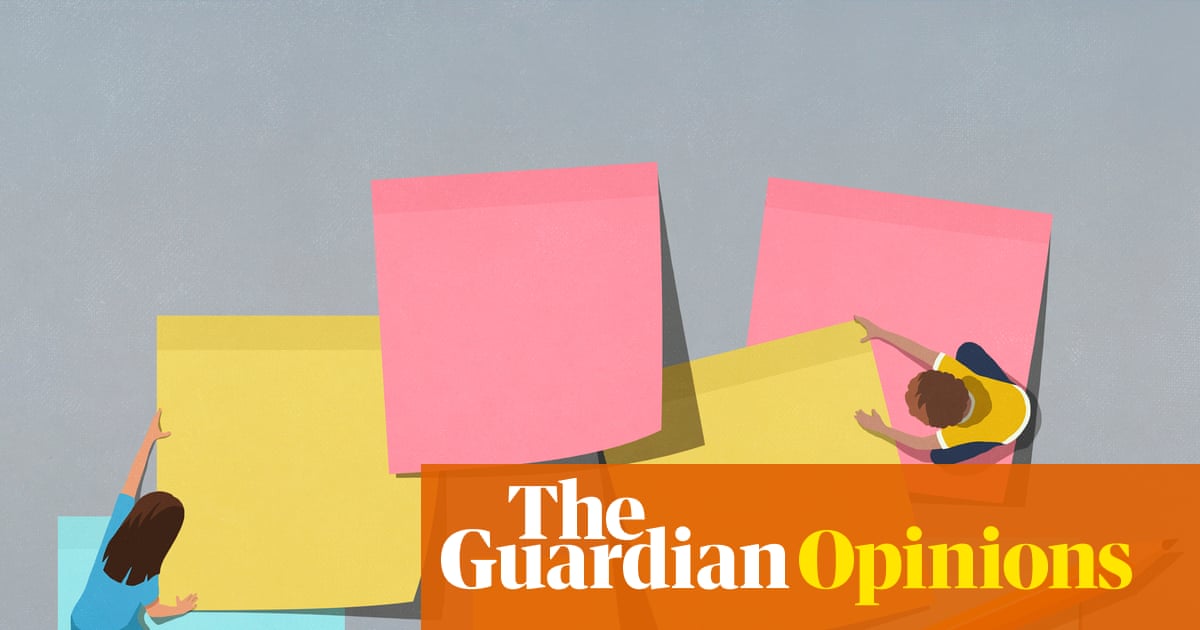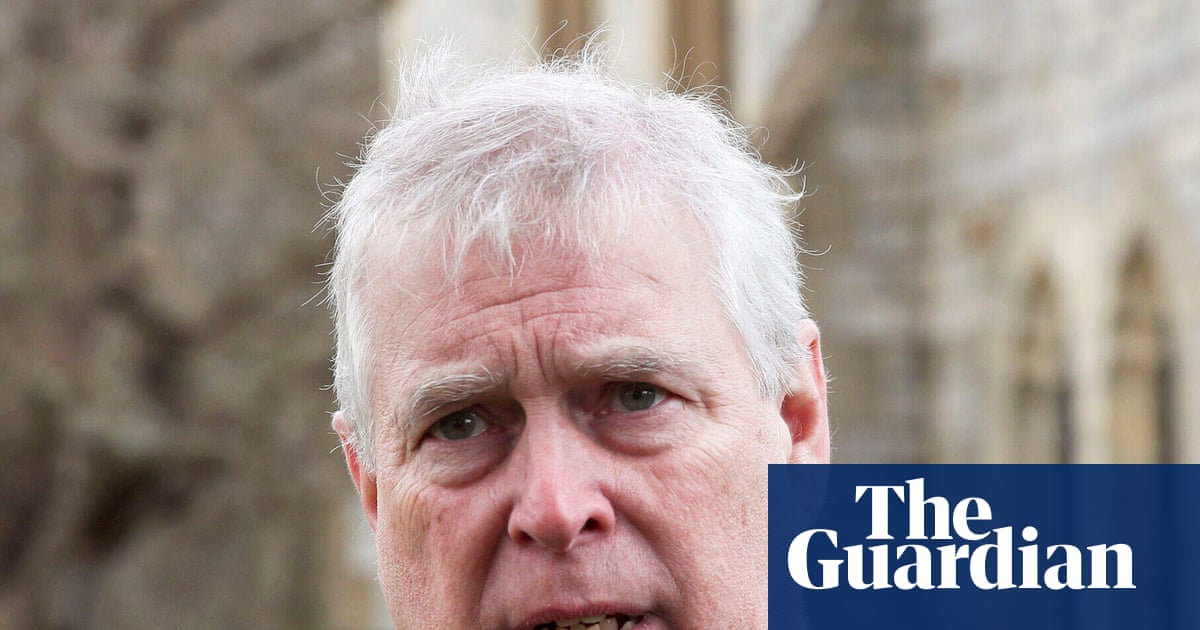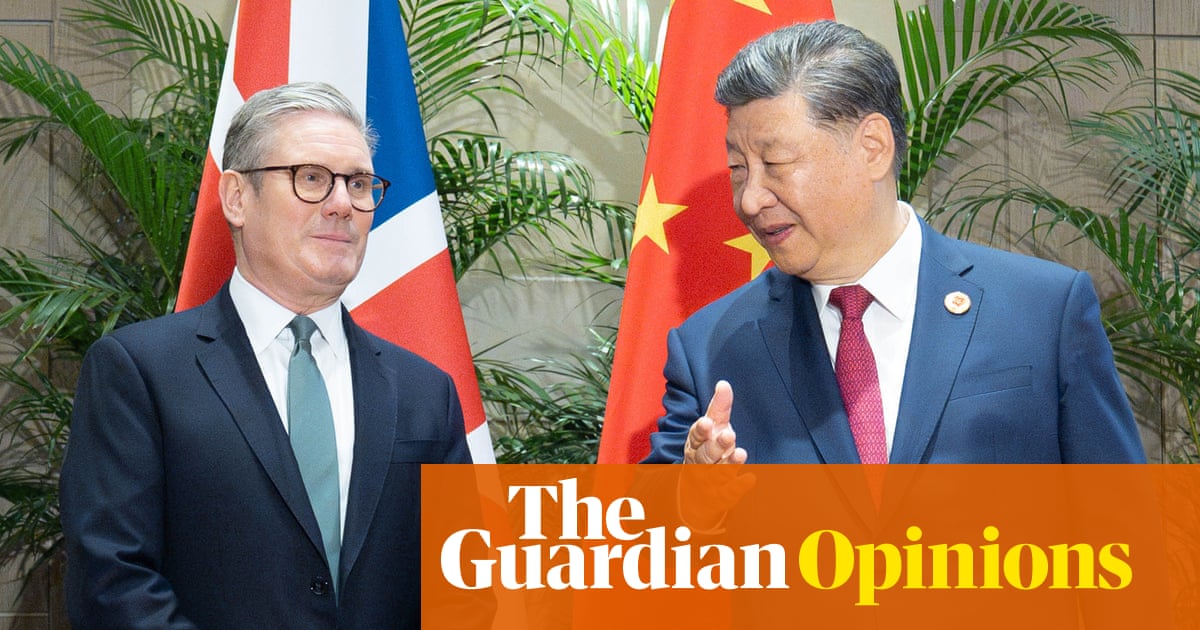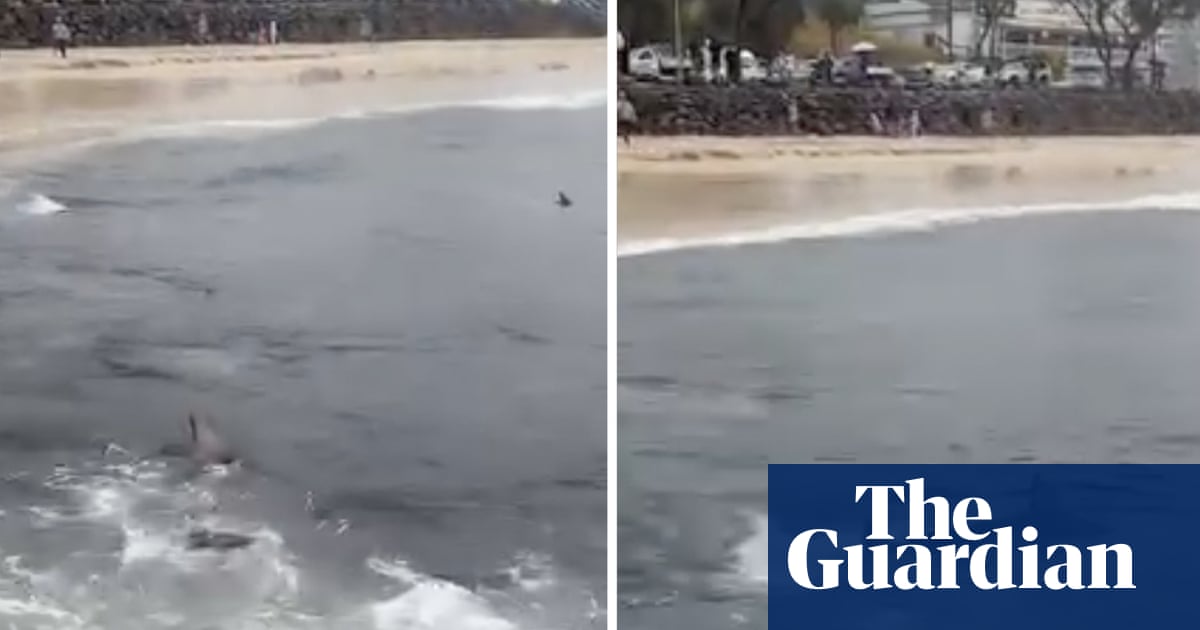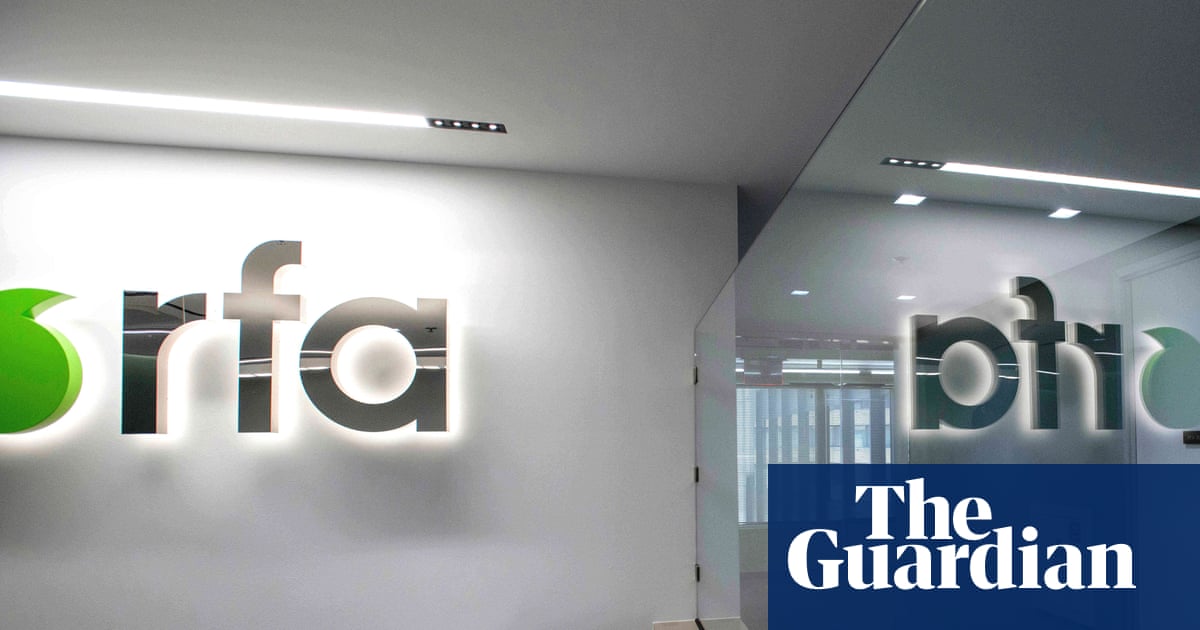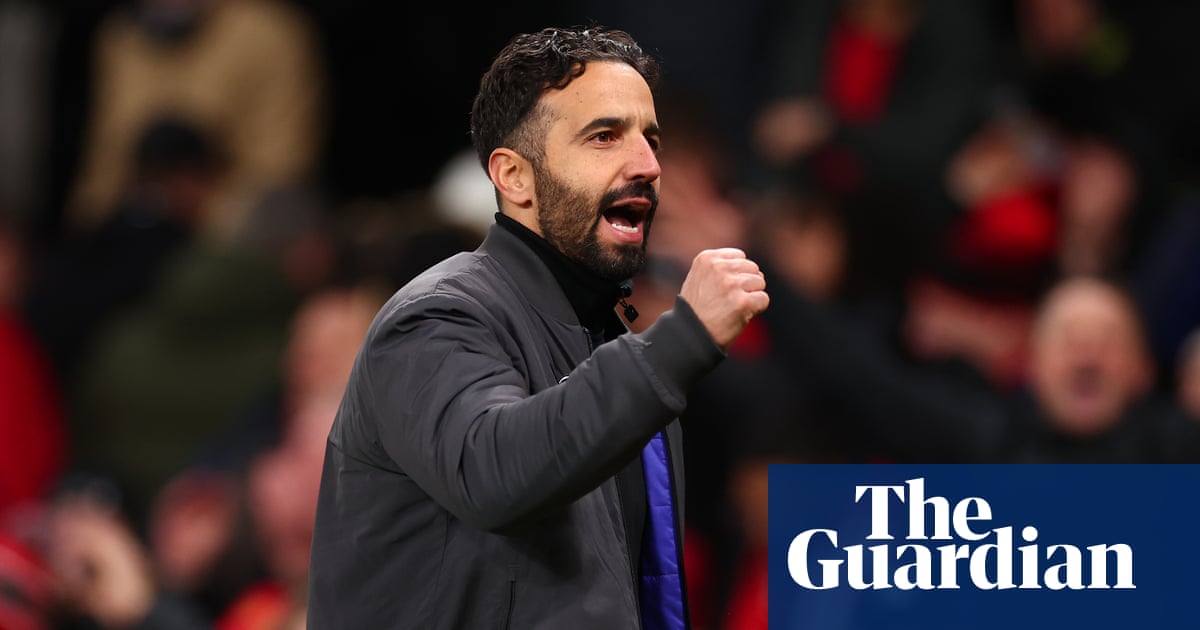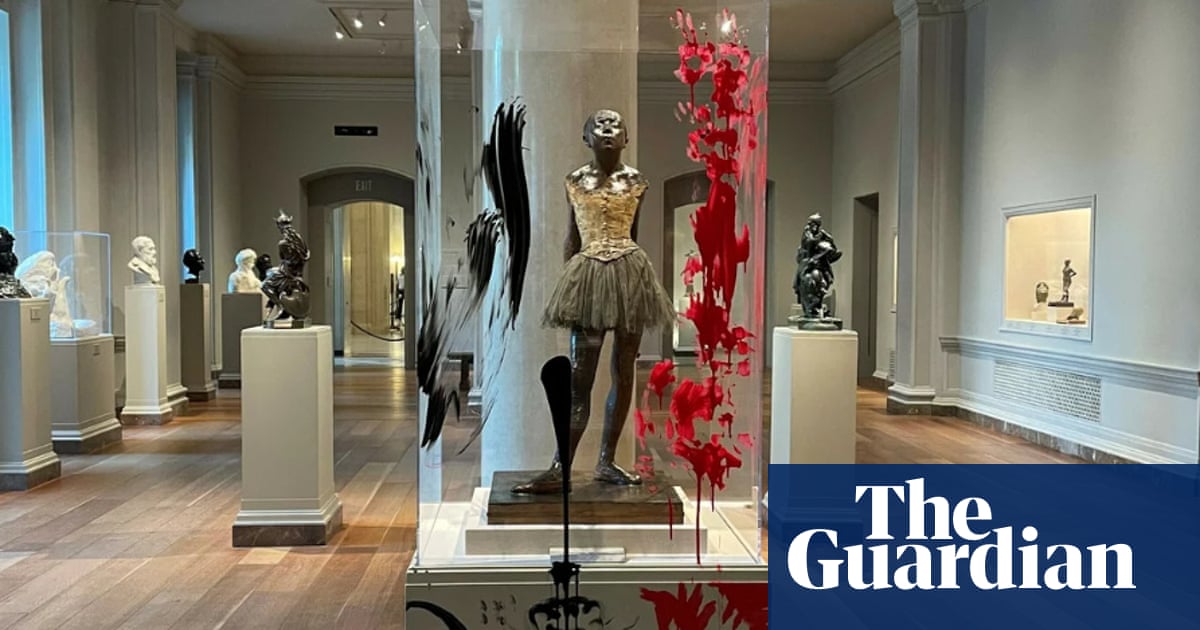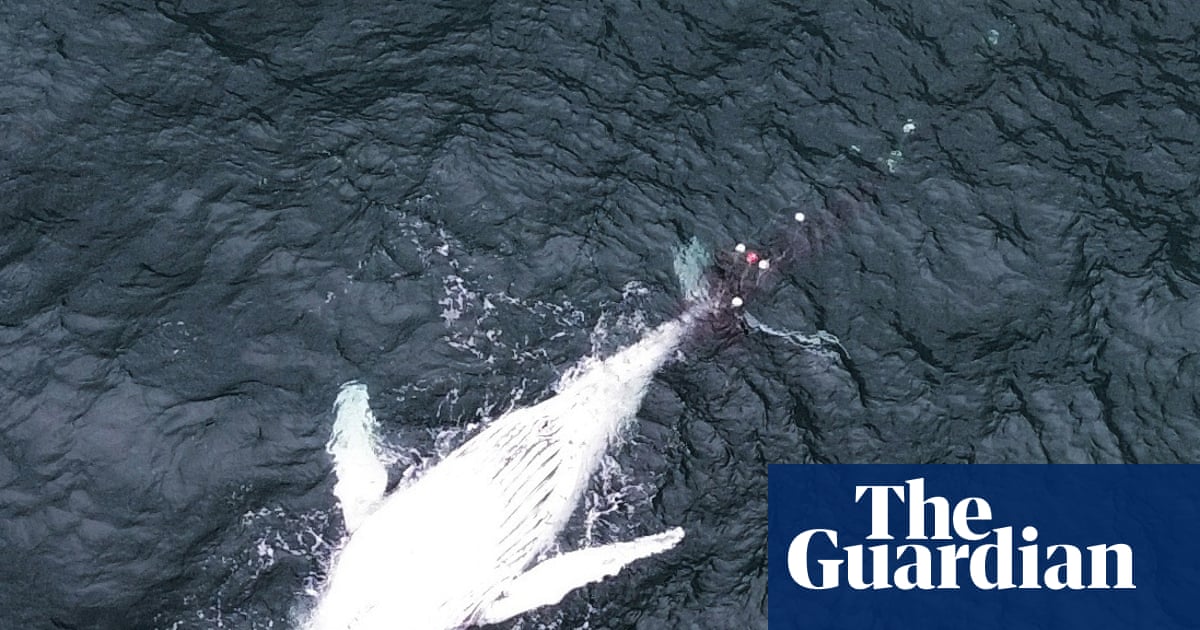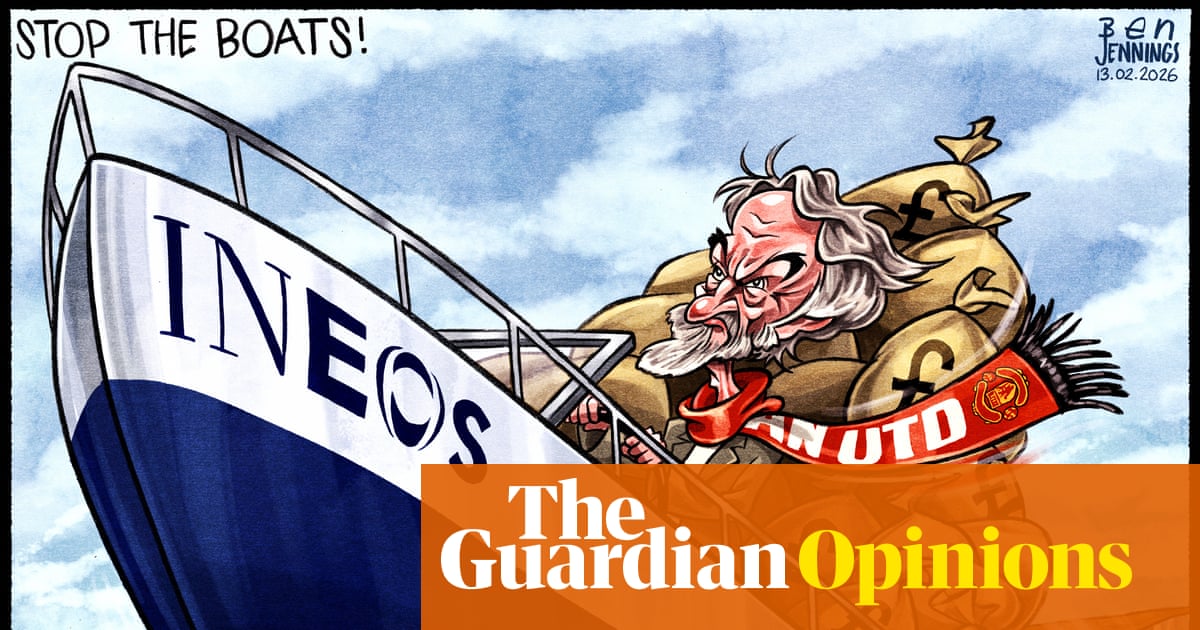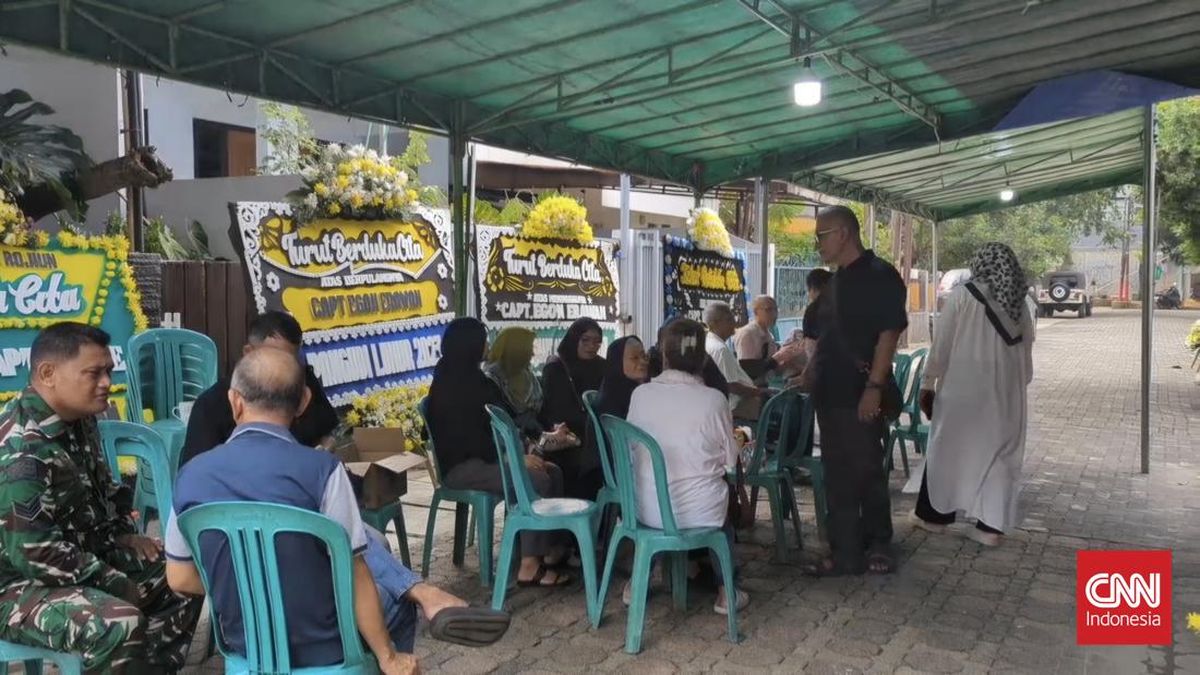Russian figures close to the Kremlin are mounting a last-minute attempt to halt the extradition from Dubai of a Romanian-French mercenary wanted in Romania for plotting a coup, the Guardian can reveal.
Horațiu Potra, a shadowy former French Foreign Legionnaire, was arrested at Dubai airport on 24 September alongside his son and nephew as they prepared to board a flight to Moscow. Romanian investigators had accused the men of conspiring with Potra’s ally, the far-right politician Călin Georgescu, to “overthrow the constitutional order”.
Romanian officials have confirmed Potra’s arrest in Dubai and said they were working with UAE authorities to secure his extradition for trial in Romania, while the country’s general prosecutor said in interviews with local media that Potra was thought to be seeking asylum in Russia.
The effort to block his extradition is being led by Igor Spivak, the head of the Russian Middle East Society, a group with close ties to the Russian foreign ministry, and by Igor Kalinin, a Moldovan-born Russian proxy who fled to Moscow and is recruiting Moldovans to fight in Ukraine alongside Russian forces.
“We are currently trying to stop Potra’s extradition,” Spivak said in a phone interview on Monday. “We have a lot of experience, and a lot of people are working on getting him freed,” he said, adding that he had hired a “group of our very reputable lawyers” in the UAE who were working on getting Potra released and planned to travel to Dubai himself.
Earlier this month, Potra had tried to annul the arrest warrant in Romania through his lawyers, but a judge denied the request.
The revelation sheds fresh light on Potra’s connections to Moscow.
Clean-shaven and well-built, Potra served in the French Foreign Legion before working as a bodyguard for leaders, including the emir of Qatar. He later founded a series of private military companies, deploying men to conflicts in the Central African Republic and the Democratic Republic of Congo. His career and appearance have drawn comparisons to that of the late Russian warlord Yevgeny Prigozhin.
About 300 of Potra’s fighters were captured in DRC in January by the M23 paramilitary group while fighting alongside government forces, before being released and repatriated back home.
Most recently, Potra made headlines in Romania as a close associate of the ultra-nationalist pro-Russian politician Georgescu.
Georgescu, a 63-year-old former environmental engineer, scored a surprise victory in the first round of Romania’s presidential election last November. In an unprecedented move, the result was annulled by the constitutional court days before the second round was due to take place, after allegations of Russian interference.
In early December, Potra and about two dozen associates were detained briefly in Romania after authorities intercepted them en route to Bucharest, allegedly planning to organise violent protests after the annulment of the first round of the election. Investigators later discovered illegal weapons and large sums of cash at his multiple residences.
According to prosecution files seen by the Guardian, Romanian prosecutors alleged later that Georgescu had met Potra and members of his group at a horse farm in December, shortly after his election victory was overturned, to plan a violent power grab.
Georgescu first denied meeting Potra, but reversed his position after photos of the two men together surfaced in the Romanian press. Georgescu maintains that no plans for an uprising were ever discussed.
Potra has previously rejected having any links to Russia, but he met Russia’s ambassador to Romania, Valery Kuzmin, during a National Day event at the Russian embassy, and has travelled to Moscow frequently, according to photos, hotel bookings and flight tickets annexed in the prosecutor file and seen by the Guardian.
Prosecutors also included photos showing the partner of Georgescu’s bodyguard posing with Chechen fighters and expressing support for the Russian president, Vladimir Putin, in social media comments. The bodyguard, who fought as a mercenary in Congo under Potra, was also present at the December horse ranch meeting with Georgescu.
Potra is also facing tax evasion charges in Romania for income earned in Africa through mercenary activities and charges over the illegal financing of Georgescu’s campaign through providing cash and covering the monthly rental of a luxury limousine for the presidential candidate, according to text messages and invoices in the prosecutor file.
“Maybe we can meet at the end of next week, starting Friday afternoon,” Georgescu wrote to Potra in an August 2024 text message, according to the prosecutors’ files. “The elections are on November 24. Please, I need support until then.”
The Romanian ministry of justice and the general prosecutor’s office did not respond to requests for comment.
The extent of Moscow’s direct involvement in the affair remains unclear. A source with direct knowledge of the situation said Russian authorities had “given the green light” for Spivak and Kalinin to intervene in an effort to have Potra freed.
While Spivak said his involvement in the Potra case was “on his own initiative”, his Russian Middle East Society – officially a non-governmental organisation that presents itself as a human rights group – has cooperated closely with the Russian foreign ministry.
Spivak has frequently organised events together with the Russian foreign ministry and recently staged an art exhibition in Moscow featuring the works of Aisha Gaddafi, the daughter of the former Libyan leader, with the ministry’s backing.
“The ministry, of course, supports us. It would be difficult to deny that,” Spivak said, adding that his organisation was made up of “many former foreign ministry employees and former ambassadors”.
Spivak said he had become involved at the request of Kalinin, the former head of Moldova’s pro-Russian party of Regions, who fled the country for Russia and has since been recruiting Moldovans to fight in Ukraine.
Kalinin, who was stripped of his Moldovan citizenship and holds a Russian passport, is under EU and US sanctions for activities aimed at destabilising Moldova as a Kremlin collaborator. He has also vowed to lead a group of fighters in a march on the Moldovan capital, Chișinău, to overthrow the pro-western government of the president, Maia Sandu.
A Moldovan official speaking on condition of anonymity told the Guardian that Kalinin was “a Russian proxy, probably connected to their secret service”.
Kalinin did not respond to a request for comment, but the Guardian has seen text messages in which he discusses efforts to secure Potra’s release from jail.
Spivak said he was due to fly to Dubai on Wednesday to meet Potra, but conceded that their attempt to halt the extradition appeared to be faltering, adding that he believed the mercenary could be sent back to Romania as soon as Thursday.
“The situation is difficult,” he said.

 3 months ago
56
3 months ago
56


